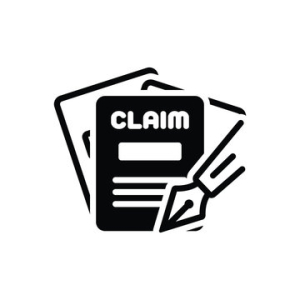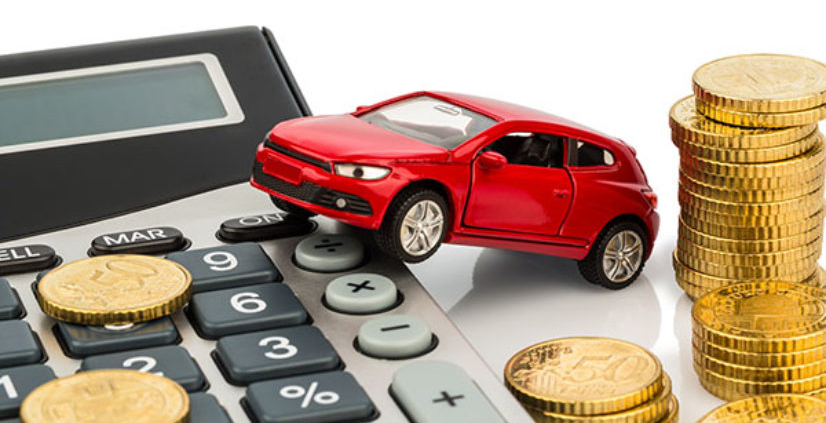Fuel Your Savings: How to Claim Motor Vehicle Expense Deductions Like a Pro
Did you know that you might be able to claim tax deductions for the expenses related to your motor vehicle? It’s true! And it can really add up, especially if you use your vehicle for business purposes.
Tax time can be a confusing process for everyone! But with the right information and some helpful tips from experts like us, it can become a lot easier. As performing artists in a diverse and creative industry, your accounting needs should be on top of the game, so your tours remain profitable and tour expenses are well managed. Calculated Matters got you covered! So, let’s dive into this topic a bit more. First off, what expenses can you actually deduct?
Well, it includes things like depreciation (which is the decrease in your vehicle’s value over time), fuel and oil costs, repairs and maintenance, insurance, registration and licensing fees, interest on car loans, and tolls and parking fees. If you use your vehicle for business purposes, any expenses related to that use might be eligible for a deduction.

What can I claim?
The following are the expenses you can claim from your motor vehicle expenses:
- Cost of fuel and oil
- Repairs and maintenance
- Insurance premiums
- Interest in a motor vehicle loan
- Depreciation (decline in value)
- Registration fees
- Parking fees and toll charges (if they are related to your job or business activities)
But, a word of caution: you can’t claim deductions for private travel in your vehicle. That means you need to keep accurate records to ensure you’re only claiming expenses related to business use. And, depending on your business structure and the type of vehicle you have, there might be specific rules to follow. It’s always a good idea to consult with a tax professional (like us, of course!) to make sure you’re doing everything right.

How do I qualify?
The Australian Taxation Office (ATO) states that you can claim car expenses if you:
- Do work-related trips during the day/night
- Drive to work-related conferences or meetings that are not hosted at your regular workplace
- Travel between two places of employment if neither is your primary residence
- Drive from your typical workplace to a new workplace, then back to your usual workplace
- Drive from home to a workplace that isn’t your regular workplace, then back to your regular workplace – or directly home
- Work at more than one place every day, so you may drive between them before returning home
- You must transport large or heavy tools or equipment to and from work and are unable to keep them at work
How to calculate car expense deductions?
Now, there are two ways to claim these deductions. The first one is called the cents-per-kilometre method. Basically, you claim a flat rate of 72 cents per business kilometre travelled, up to 5,000 business kilometres per vehicle. This is the easier method, as it requires less record-keeping, but it might not accurately reflect your actual expenses.

Cents-per-kilometre method
How does it work?
- Claim up to 5000km per year using this method
- No log book required
- ATO can ask you to explain how you calculated your claim and how the use of your car was work-related
- The rate you can claim depends on the tax year you are claiming your car usage for
The second method is the logbook method. This one involves keeping a logbook of all your business-related travel in your vehicle for a 12-week period. You record details like the date, distance travelled, and purpose of the trip. Then, at the end of the 12 weeks, you use this information to calculate the percentage of your vehicle’s expenses that are related to business use. This might be a bit more time-consuming, but it could result in a larger deduction, as it’s more accurate.

Logbook method
How does it work?
⦁ Keep a logbook for 12 continuous weeks
⦁ You must own the car
⦁ You only need to complete the logbook process one time every five years (or less)
⦁ Record all business trips AND all personal trips in your car logbook
⦁ Keep receipts for all expenses related to your car, including:
-
- Petrol
- Registration
- Insurance
- Servicing
- Interest on loan costs
- Depreciation
- Other running costs
So, there you have it! By claiming tax deductions from motor vehicle expenses, you could be saving yourself some serious money.
As you focus on creating fantastic musical works, Calculated Matters will assist you with regulations and record-keeping to make the process smoother and ensure that you get the most out of your motor vehicle expenses.
Just remember to keep accurate records, follow the rules, and consult with us if you’re unsure. Happy driving (and happy tax season)!
Get in touch with us today to get started! Our accounting gurus would love to hear from you, give us a call now at 0425 223 390 or drop an email at business@calculatedmatters.com.au.





Leave a Reply
Want to join the discussion?Feel free to contribute!